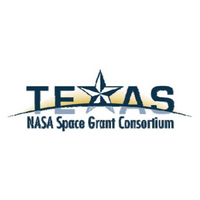Texas Space Grant Consortium
Fellowship and Scholarship

Graduate Fellowship Each year, our fellowship program awards 20-30 competitively-selected one-year $5,000 supplemental fellowship awards to graduate students who are receiving half-time graduate support from their local institution. The fellowships stress excellence in academics, participation in space-related research projects, exhibited leadership, and faculty recommendations. Undergraduate STEM Columbia Crew Memorial Scholarship – TSGC Scholarship program consists of competitively-selected $1,500 awards to encourage undergraduate students at affiliate institutions to continue preparation for STEM careers and to pursue graduate studies in space-related disciplines. Selections are made based upon excellence in academics, participation in space education projects, participation in research projects, and exhibited leadership qualities. TSGC Educator STEM Scholarship: This $1,500 Scholarship program was developed for in-service educators who are enrolled in a STEM discipline at one of affiliates. Smaller Competitive Stipends, such as the Design Challenge Scholarships, based on academic student milestones per semester. Texas Space Grant has implemented a comprehensive longitudinal tracking program for all significantly supported students funded by its programs. This integrated system is designed to stay in touch with and regularly survey program participants as they progress though their education and career. It is based upon a balanced blend of automation and direct human interaction to maintain contact with program participants. The system utilizes automated, customizable surveys requests to gather up-to-date information on the participants history of NASA program involvement, education, employment and antidotal responses regarding the impact of their participation on their education and careers. When participants are not responsive to the surveys the system utilizes automated and manual searches on popular social media sites such as Facebook, LinkedIn, and Google+; university websites; and on-line employer databases. We were able to determine that 85% of students significantly supported from 2006-2016 went onto next steps in STEM disciplines.

